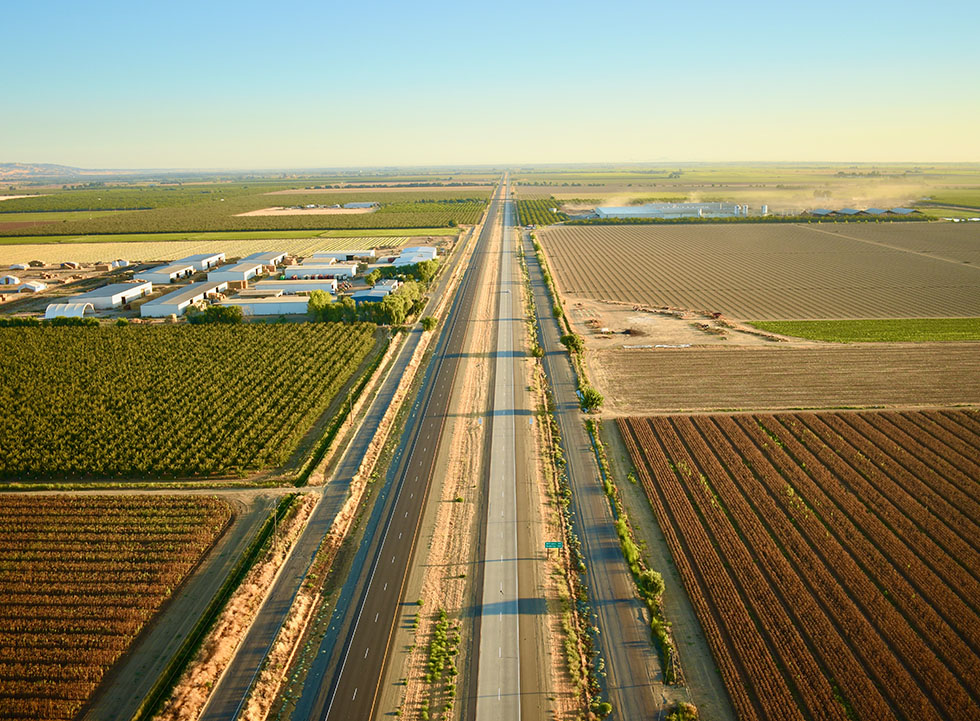By Paul Polman and Mathis Wackernagel, Ph.D.
2022 turns out to be 2020 on steroids: ongoing pandemic, international tensions and conflicts, energy and food crunches, and wilder climate patterns. Earth Overshoot Day fell on the earliest date ever, July 28th. Never has humanity consumed the planet’s annual regenerative budget faster; now, it operates for 156 days of the year on depletion.
Put another way, this year we have consumed 75% more resources than our planet’s eco-systems can regenerate. It is like living on “1.75 Earths”. Overshoot has been happening consistently since the 1970s, with the date passing earlier and earlier, growing a massive ecological debt.
Our inability to live within the means of our one planet is at the core of humanity’s most burning challenges. The persistence of overshoot, now for over half a century, has led to huge decline in biodiversity, excess greenhouse gases in the atmosphere and extreme weather events including heatwaves, droughts, forest fires and floods. Presiding over sustained ecological deficit is therefore an act of intergenerational theft.
All these pressures converge on food security. Overshoot drives the heightened competition for food and energy that is being laid bare and worsened by the war in Ukraine, causing instability and inflation around the world. The food shock is hitting the most vulnerable hardest, deepening the inequality that divides our societies and leaves millions behind. Too many people have been left behind.
But even before the attack on Ukraine, our global food system was being pushed towards collapse by excessive, short-sighted and destructive practices. Global Footprint Network’s research shows that 3 billion people live in countries that consume more food than they can produce and generate less than world average income. Their exposure could not be worse.
Despite widespread hunger and malnutrition around the world, the systems by which we produce, transport and consume food are beset by waste and harmful agricultural practices which diminish our ability to grow and produce, which hasten global warming, and which fuel food insecurity and instability around the globe. Our food system is making our children’s future more dangerous and insecure.
There is possibility, and with it hope. Nothing about ecological deficit is inevitable. Our planet can sustain us over the long-term, if we live within its ecological means. If we reduced food waste by half for example, through a combination of action from governments, households, and industry, Earth Overshoot Day would be 13 days later. The date could be pushed a further two days if we scale up use of tree-intercropping, whereby trees are grown together with other crops, improving soil quality, and reducing carbon emissions. Shorter, more local supply chains also help.
Such savings can be found across the ways we power our world, build our cities, and interact with nature. Proven solutions are available, and more will follow. We can end overshoot by design—if we truly want to.
Critical to this is a mindset shift. For too long, even the most environmentally-minded governments and businesses have labored under the well-intentioned belief that we could resolve our planetary woes through policies which are “less bad”. But it doesn’t add up; the unintended consequence is to lower ambitions, mask incrementalism, and let leaders in politics and business off the hook for the speed and scale of change truly needed.
Instead, let’s recognize that these shifts are essential for our own societies, not just good deed that benefit distant others. Bold approaches can get us “out of the red” and build ecological resilience by renewing, replenishing, and regenerating our natural resources and our world. Put another way, “net positive” actions benefit by giving more than they take benefit society, and it also benefit companies as they secure their ability to operate in the predictable future of climate change and resource constraints.
If humanity pushes the date of Earth Overshoot Day 6 days every year, we will be out of overshoot before 2050. Will we accelerate our grand resources theft, or will we embrace a fresh path built on regeneration and living within the ecological budget of our home planet? Do you build your income strategy on ever more depletion, or will building food security and regeneration turn out to be the more robust business model? The choice is ours.
Paul Polman is the former CEO of Unilever. His book Net Positive: How Courageous Companies Thrive by Giving More Than They Take was published last October.
Mathis Wackernagel, Ph.D. is the founder of international sustainability think-tank Global Footprint Network



